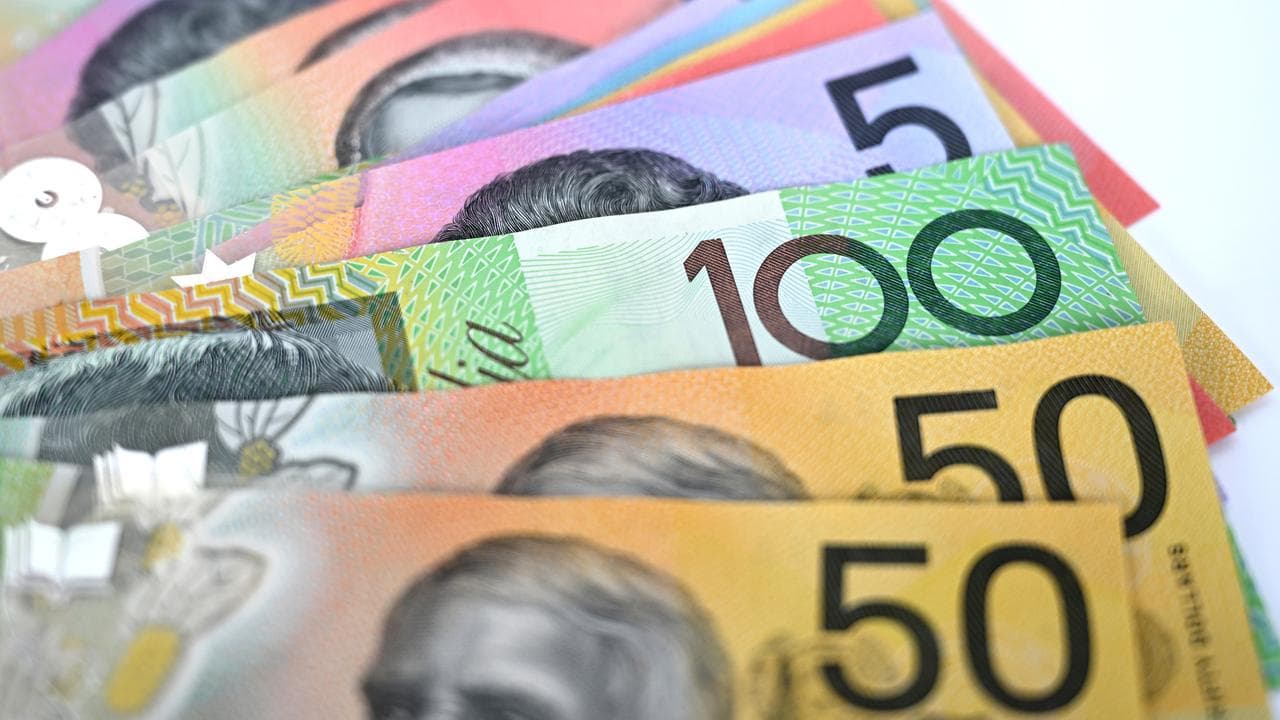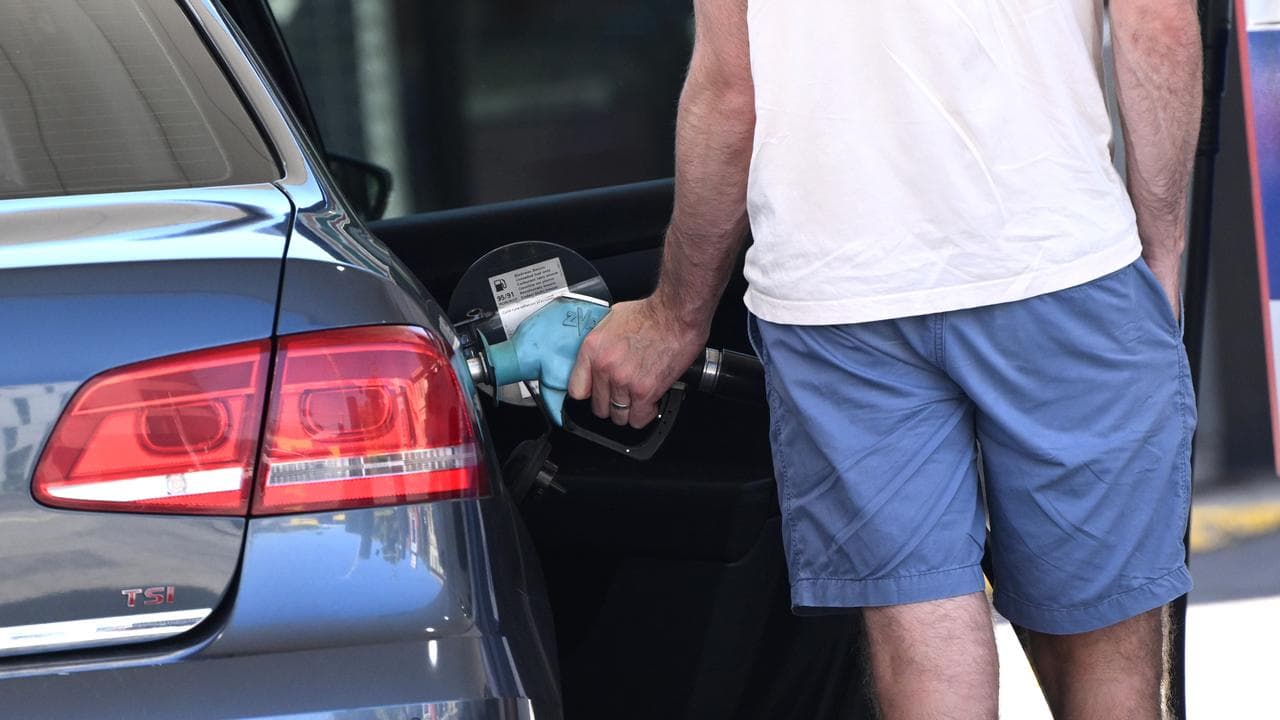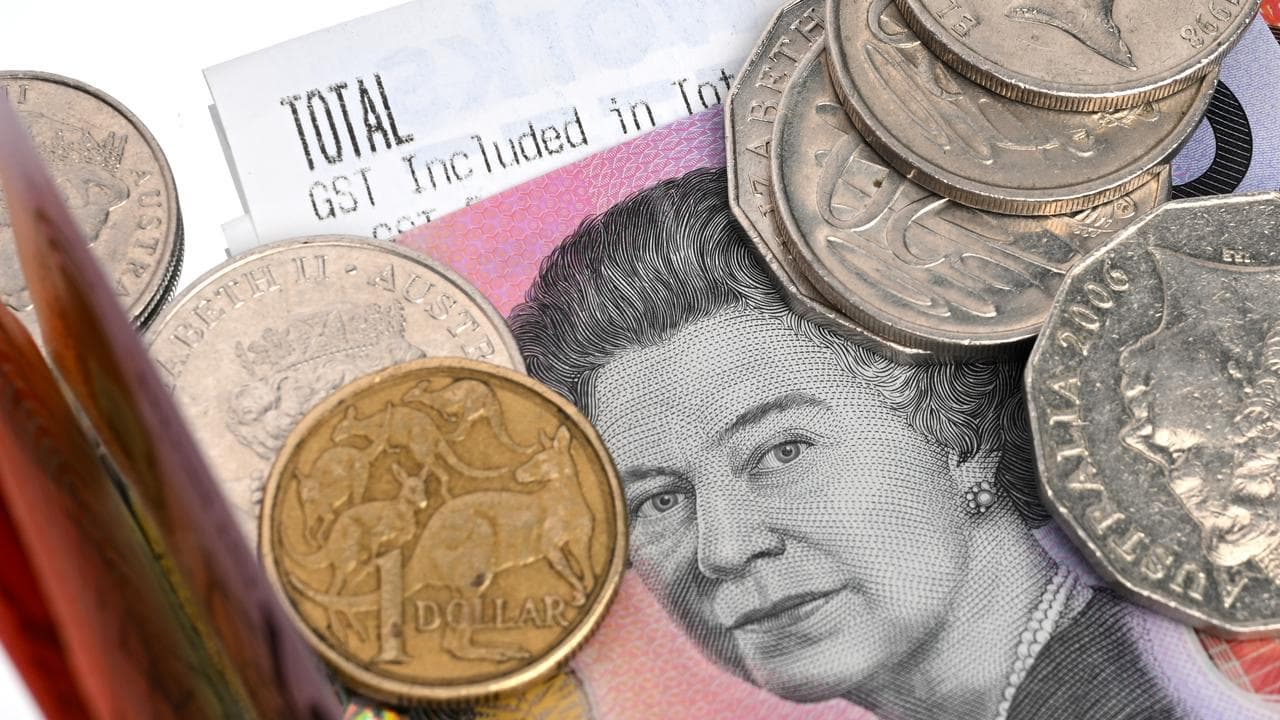
Voters can expect a tax cut regardless of who wins the federal election, but while both boost Australians' hip-pocket, economists say Labor's plan will make the nation better off than the coalition's.
Labor has already legislated its latest offering of income tax cuts, meaning workers on $45,000 or more will receive $5 a week extra from mid-2026 and another $5 the year after, if it holds government.
The coalition has vowed to repeal the cuts if it takes power.
Opposition Leader Peter Dutton could well reveal more action on income tax in his budget reply speech, but has promised to halve the fuel excise, potentially shaving 25c a litre off the price of petrol.
Shadow treasurer Angus Taylor claimed it would save a household $28 a week for two tanks of fuel.

The plan has failed to impress economists, who say it would benefit a limited amount of voters and could cause more traffic and greenhouse gas emissions.
AMP's chief economist called it "silly economic policy", while independent economist Saul Eslake said it would be of no value to people who use public transport, walk, cycle or drive electric vehicles.
"Assuming they stay relatively unchanged, then the benefits of the cut the coalition is proposing will disappear after a year, whereas the benefits of the income tax cuts that the government is proposing will linger for longer," Mr Eslake told ABC TV.
But tax cuts do more than just leave more money in people's pockets.
Taxes affect incentives and impact an economy's efficiency and equity.

George Washington University economics professor Steven Hamilton says the government's income tax changes come with an undervalued economic dividend because they encourage people to take up more work.
Cutting the lowest tax rate from 16 per cent to 14 per cent reduces the tax liability of someone earning $45,000 a year by 26 per cent.
"That's very large for someone on that level of income," he told AAP.
"And the most important point here is that those people in that income range are mainly part-time workers and casuals, and these are the kinds of people who we can actually draw into the workforce."
It would especially encourage female participation in the workforce, as women with children face a higher disincentive to work given taking on extra hours often incurs both higher marginal tax and added childcare costs.
Professor Hamilton estimated it would generate a $4 billion economic dividend per year.
"It represents a meaningful economic improvement," he said.

On the inflationary front, the tax cuts will fuel spending and price growth but the delayed onset means it won't significantly influence the Reserve Bank's monetary policy decision-making in the near term.
The excise cut would provide an immediate reduction in household inflation, but that effect would be a "mirage", Prof Hamilton said.
"All the RBA is going to look at is that it increases aggregate demand," he said.
"They're going to ignore the mechanical effect, and they're going to only think about the behavioural effect, which is that people are going to go and spend more.
"It's very difficult for me to defend the excise cut, really, on any dimension."
The average weekly petrol price is $182.9 a litre according to the Australian Institute of Petroleum, more than 30c less than in March 2022, when the Scott Morrison-led coalition government cut the excise after Russia's invasion of Ukraine drove up fuel prices.




